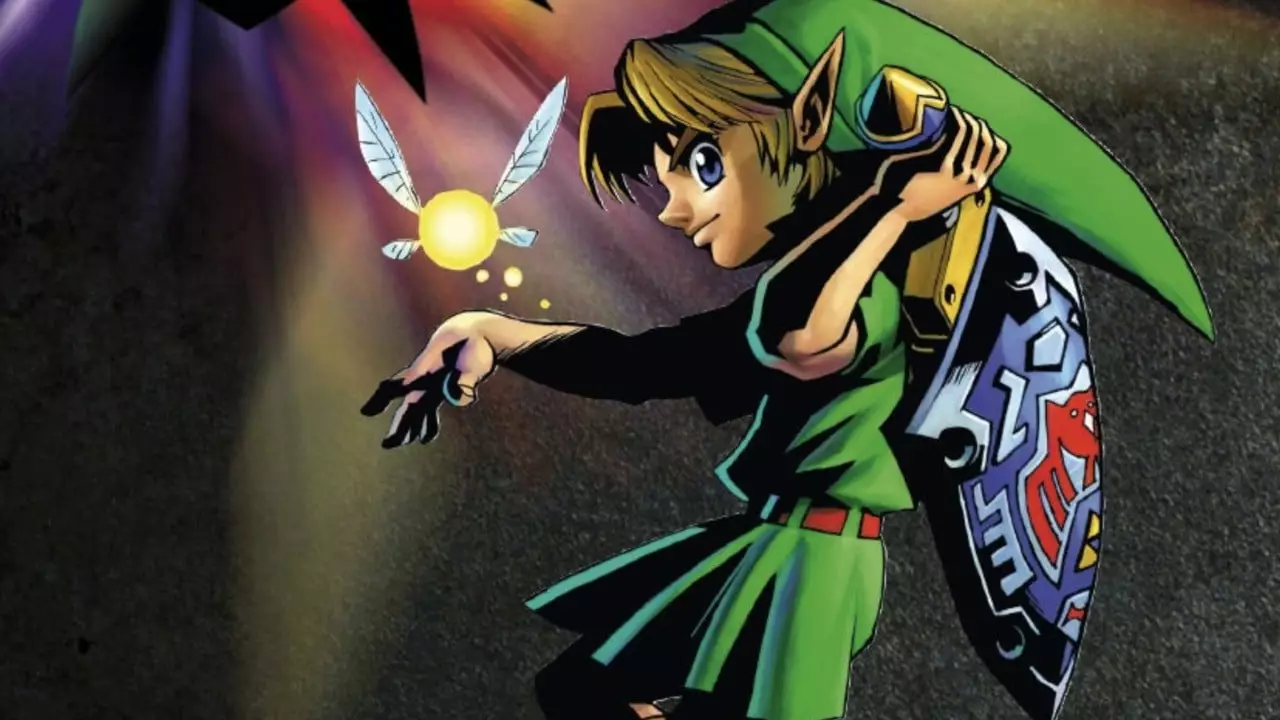In the realm of video gaming, few things are more captivating than the myriad features that go unnoticed or unused in beloved titles. One such hidden jewel lies within the iconic game, The Legend of Zelda: Majora’s Mask, where a voice recognition system was included in the code but never utilized effectively. This fascinating nugget of gaming history was brought back into the spotlight thanks to the efforts of the modder known as Skawo, who has gone through the painstaking process of decompiling the game’s code. The revelations about the application of voice commands reveal both the innovative spirit of an era and a peculiar twist of fate that left a groundbreaking technology underexplored.
Released during the Nintendo 64 era, the Nintendo 64 Voice Recognition Unit promised to revolutionize gameplay by allowing players to issue voice commands. Among its limited functional usage, the device saw a little action in games like Hey You, Pikachu! Although Majora’s Mask, a title revered for its deep narrative and atmospheric elements, was considered for implementation of the voice recognition feature, it never saw the light of day. According to Skawo’s findings, the game’s code contains remnants of support for the Voice Recognition System (VRS), yet it also highlights the complex barriers that prevented its operational role.
The game is engineered to detect any connected VRS units, searching for Japanese language commands meant to trigger specific actions. However, to activate these commands, a specific condition within the code had to be met, which it never achieved during the game’s official release. The absence of activation ultimately rendered the voice commands inactive, a cruel twist for a feature that could have bestowed a layer of interactivity that was quite ahead of its time.
Unearthing Unused Voice Commands
Skawo’s exploration revealed five distinct voice commands encoded into the game, meant to allow players to interact effortlessly and organically with the world around them. These commands included taking pictures, requesting milk from cows, asking about the time remaining before the moon’s catastrophic descent, awakening a slumbering Deku Scrub, and feeding Epona carrots to quicken her pace. However, it is worth noting that there was also a sixth voice function named “sit,” which appears to have been designed for interaction with the game’s dogs but never made it out of the programming stages.
This revelation not only underscores a tantalizing ‘what if’ scenario—what if players could have shouted commands to manipulate their environment?—but also invites a discourse on the broader implications of voice recognition technology in gaming. As we assess how voice commands can enhance immersion, understanding the missed opportunities in a classic game like Majora’s Mask provides a poignant reminder of how innovative technology can be neglected even in highly reputed games.
The work by Skawo is not merely a matter of digging through old code; it highlights the importance of community in keeping gaming history alive. Gamers and modders have relentlessly pursued insights into beloved titles, preserving the original intent and ideas that may not have made it into the final product. Such endeavors contribute significantly to our understanding of the gaming industry’s progress and artistic direction.
Moreover, as the YouTube channel ‘DidYouKnowGaming’ highlighted similar unused features in the past, a growing curiosity emerges about how voice technology might transform the gaming landscape in future projects. Today’s technological capabilities allow for infinitely more sophisticated implementations of voice commands, enabling players to interact not just with the game’s mechanics, but also with its narrative in immersive and intuitive ways.
The exploration of unused features like the voice commands in Majora’s Mask paves the way for an enriched dialogue about the future of voice technology in gaming. As we witness the rise of virtual assistants and more interactive gaming experiences, one can’t help but wonder how many other games from the past might have similar untapped potential. Engaging with the community over these discoveries may influence developers to reintroduce or innovate upon voice functionality in upcoming titles.
The investigation into The Legend of Zelda: Majora’s Mask reminds us that gaming evolves through layers of exploration, and the shadows of the past can illuminate pathways for the future. With modders unearthing these treasures, we not only appreciate the craftsmanship of earlier gaming but also ignite the imagination for new possibilities that could redefine our interaction with games.

